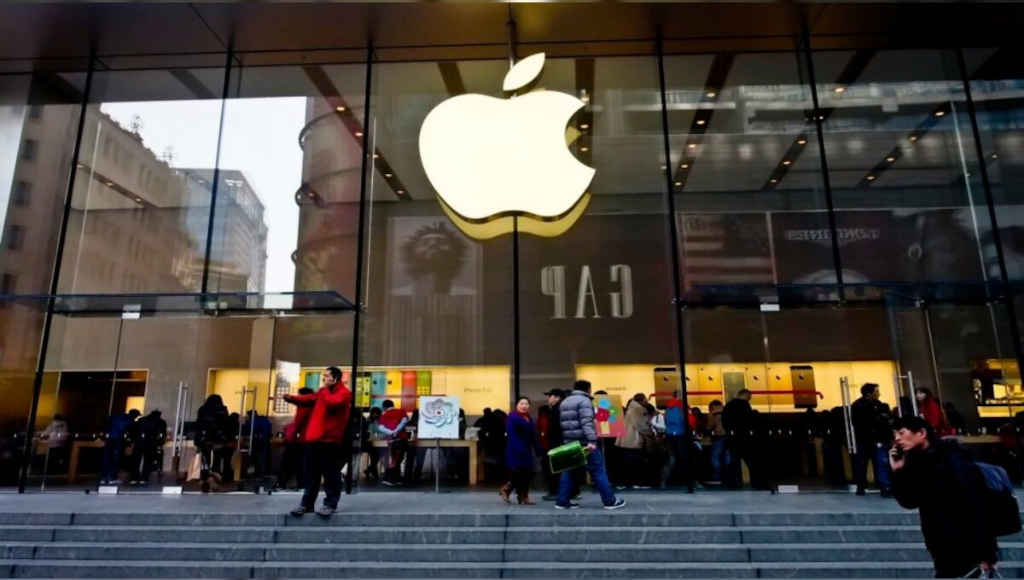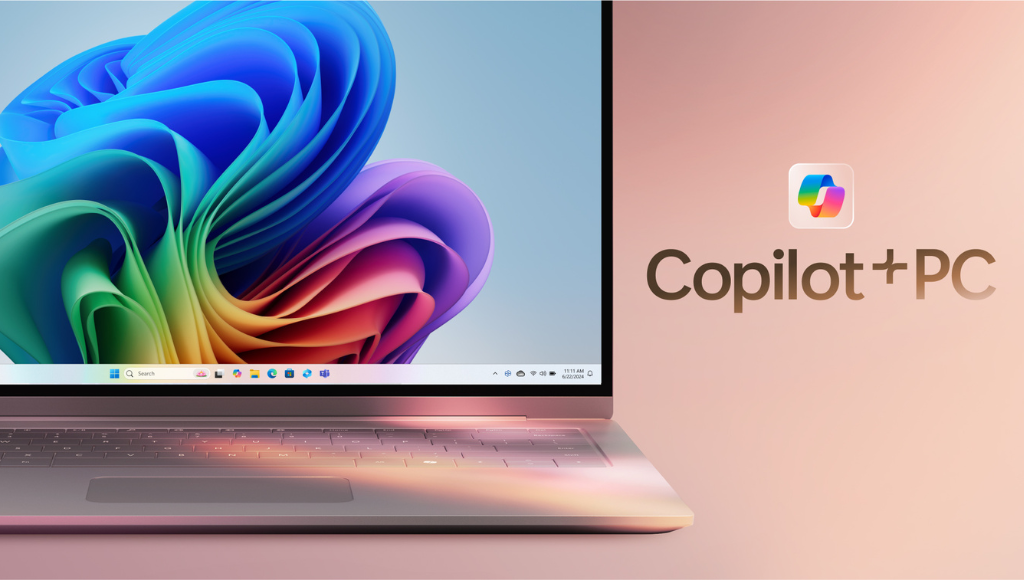Apple and Arm have announced a groundbreaking long-term partnership in chip technology, as revealed in documents submitted by Arm for its initial public offering (IPO) on Tuesday. This extraordinary agreement is set to span well beyond the year 2040, marking a significant milestone in the tech industry.
As reported by Reuters on Wednesday, Arm’s anticipated IPO is making waves with an estimated value of $52 billion, positioning it as the largest IPO in the United States for the year 2023. The parent company, SoftBank Group, plans to sell 95.5 million American depository shares of Arm, valuing them between $47 and $51 each.
Apple’s renowned chip technology, often referred to as Apple Silicon, encompasses a series of custom processors designed on Arm’s architecture, bundled into system-on-chip (SoC) packages. These chips power a wide range of Apple devices, including Mac computers, iPhones, iPads, and more. Apple’s strategic shift away from Intel CPUs in favor of its proprietary Arm-based chips, initiated in June 2020, represents a pivotal moment in the company’s hardware evolution, granting Apple unparalleled control over the synergy between its hardware and software ecosystems.
Apple’s bespoke CPUs, exemplified by the Apple M1, M1 Pro, and M1 Max, have garnered global acclaim for their exceptional performance and energy efficiency. These processors, built on the “big.LITTLE” architecture, seamlessly blend high-performance and energy-efficient cores, exclusively tailored for Apple’s product lineup. Moreover, Apple’s Silicon chips incorporate custom-built Graphics Processing Units (GPUs), renowned for their graphics prowess and adeptness in machine learning and artificial intelligence tasks.
The unified memory architecture inherent in Apple Silicon chips promotes efficient sharing of high-bandwidth memory among CPUs, GPUs, and other components. Apple further enhances its CPUs with specialized coprocessors such as the Secure Enclave for security-related functions and the Neural Engine for AI and machine learning workloads.
Apple’s dedication to CPU development has consistently yielded products like the MacBook Air, MacBook Pro, and Mac Mini, which have been lauded for their remarkable performance and reduced power consumption. With each product iteration, Apple strives to refine its CPUs, continually investing in innovation.
By pursuing in-house CPU development, Apple achieves closer hardware-software integration, resulting in superior user experiences and overall performance enhancement across its product spectrum. This newly inked deal with Arm is poised to elevate Apple’s pursuit of this ambitious goal.
Notably, the majority of smartphones in the market today rely on Arm’s computer architecture. Arm licenses this architecture to various companies, including Apple, cementing its status as a critical player in the tech ecosystem.
The history of collaboration between Apple and Arm runs deep. Apple was among the founding members of Arm in 1990 and employed an Arm-based processor chip in its ill-fated “Newton” portable computer, launched in 1993. Despite the “Newton’s” shortcomings, this longstanding partnership has yielded numerous breakthroughs, with Arm now reigning supreme in mobile phone processors thanks in part to this enduring collaboration.






